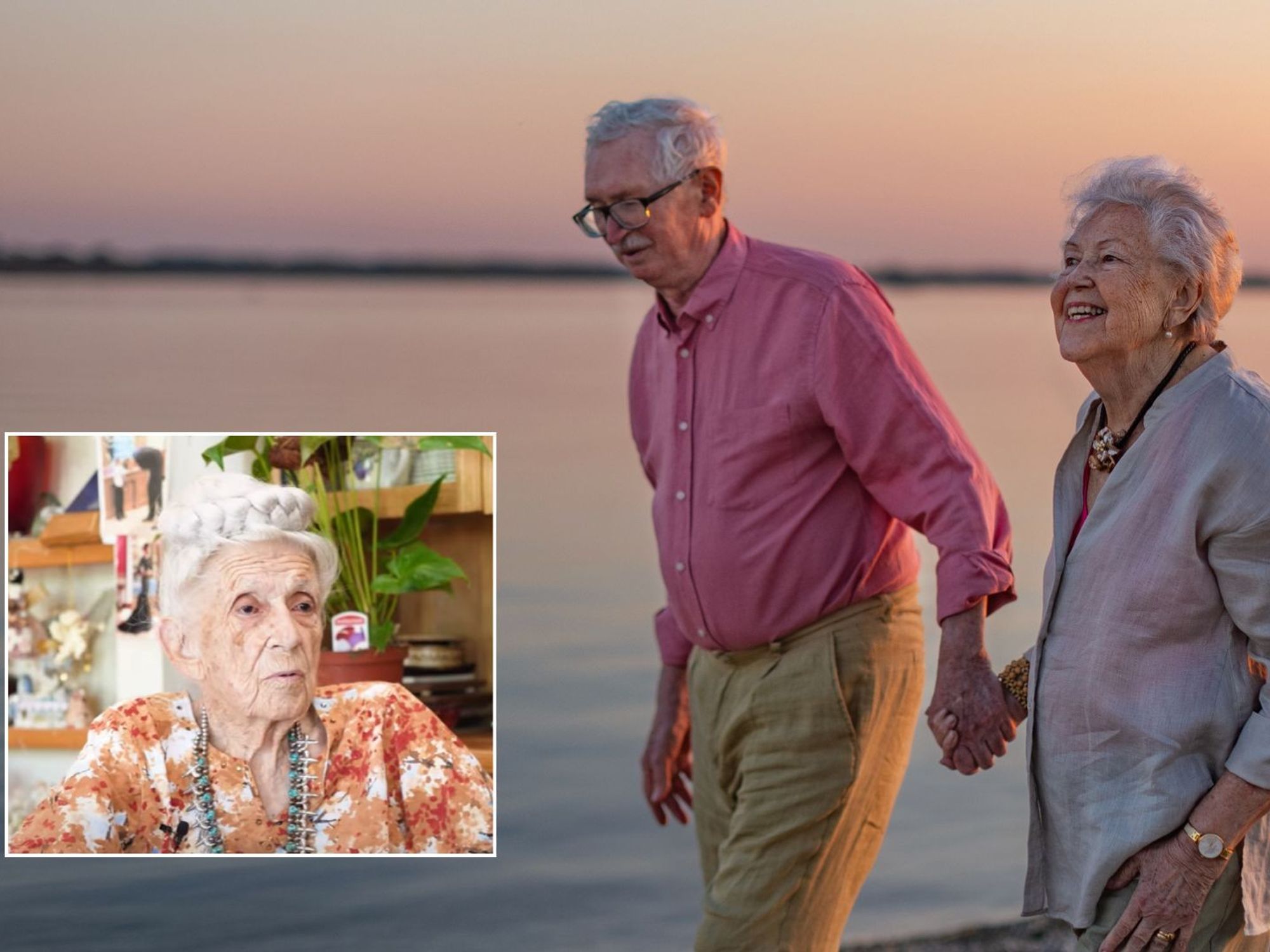Vitamin D deficiency linked to higher risk of cancer mortality
Getty Images
Researchers caution that the majority of studies reviewed were observational, limiting causal associations
Don't Miss
Most Read
Trending on GB News
Low levels of the sunshine vitamin may increase your risk of death from all cancers, a horror new study suggests.
The finding is concerning as vitamin D deficiency is a widespread concern in the UK, with around one in six adults affected. It is common during autumn and winter months when sunlight exposure is limited.
Previous studies have linked vitamin D deficiency and an increased risk of cancer mortality but researchers sought to shore up these findings by conducting a comprehensive review of the literature.
The review, published in the journal Nutrients last month, led to the identification of 182 articles from PubMed, 57 from the reference lists of relevant reviews, and three from the Cochrane Library. These articles covered various cancers, 90, 52, 69, 18, and 17 of which were focused on breast, prostate, colorectal, pancreatic, and lung cancers, respectively.
After screening titles, abstracts, and full texts, 41 reviews were included in the qualitative analysis. Thirty-four of these studies provided data on vitamin D levels and cancer, whereas seven studies examined the potential anti-cancer effects of vitamin D intake.

Previous studies have linked vitamin D deficiency and an increased risk of cancer mortality
Getty Images
What did the researchers find out?
Researchers found consistent associations between vitamin D levels and most types of cancer, with stronger correlations observed for mortality across all cancers examined.
For breast cancer, most reviews identified significant associations between higher vitamin D levels and lower incidence and mortality rates.
Prostate cancer results were mixed, with some studies suggesting a protective effect against mortality but not necessarily incidence.
Colorectal cancer showed consistent associations between higher vitamin D levels and reduced incidence and mortality.
Results for lung and pancreatic cancers were less conclusive, with inconsistent findings across studies.
Researchers caution that the majority of studies reviewed were observational, limiting causal associations.
The review also highlighted methodological variations between studies, complicating efforts to quantify these relationships precisely.
However, most meta-analyses (studies that combine multiple individual studies) of observational studies have found that lower serum vitamin D levels are associated with higher overall cancer mortality.
For example, a meta-analysis of 12 cohort studies found a 14 per cent higher cancer mortality among people with the lowest vitamin D levels than among those with the highest levels.
LATEST HEALTH DEVELOPMENTS

The NHS recommends 10 micrograms (400 IU) daily for adults and children over four
Getty ImagesHow to top up levels
Experts stress the importance of identifying at-risk individuals and ensuring adequate vitamin D intake through diet, sunlight exposure, or supplementation to potentially reduce cancer risk and improve overall health outcomes.
For example, we know that a lack of vitamin D can lead to bone deformities such as rickets in children, and bone pain caused by a condition called osteomalacia in adults.
To replenish vitamin D levels, experts recommend a multi-faceted approach:
Sunlight exposure is the most natural way to boost vitamin D. From late March to September, most people can make sufficient vitamin D through brief sun exposure on bare skin.
However, sunlight alone may not be enough, especially during autumn and winter.
Dietary sources of vitamin D include:
- Oily fish (salmon, sardines, herring)
- Egg yolks
- Red meat
- Fortified foods (some breakfast cereals, spreads, and dairy products)
For those at risk of deficiency, supplements are advised. The NHS recommends 10 micrograms (400 IU) daily for adults and children over four.








